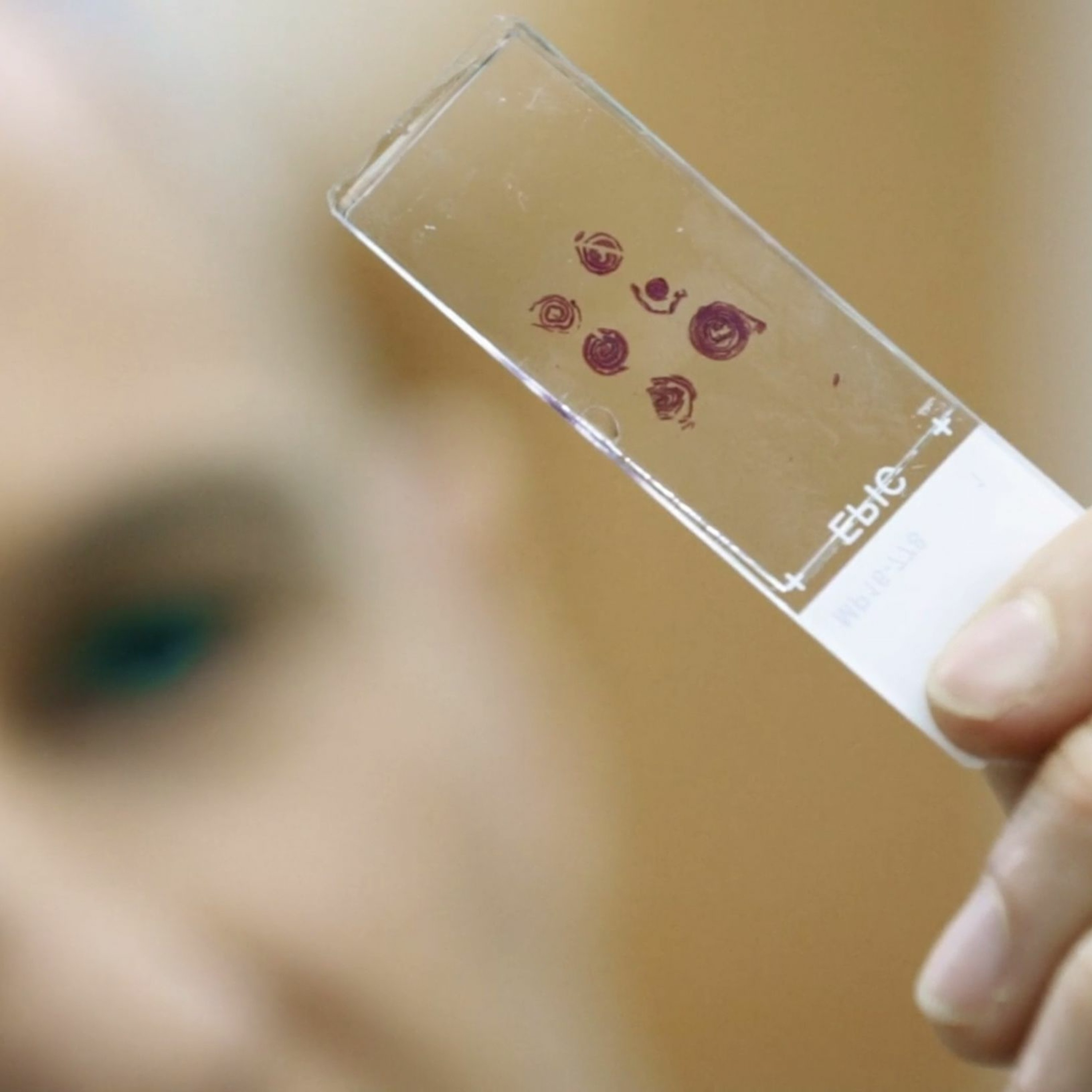"Cancer is basically a non-healing wound and we should treat it as such"

For this conversation we brought together an MD, an MD/PhD, and a PhD working in a clinical department. Their research is all relevant to inflammation and is relevant to colorectal cancer, but they\u2019re coming at it from different directions.\n\nRonen Sumagin, PhD, of Northwestern University, is interested in the immune system and inflammation. \n\nJason C. Mills, MD, PhD, of Washington University, St. Louis, is focused on the upper part of the GI tract and in how inflammation affects stem cells.\n\nIswar K. Hariharan, PhD, of the University of California, Berkeley, works on Drosophila and is interested in what regulates cell growth. \n\nHighlights include:\n\n7:30 \u2013 \u201cWe\u2019re interested in the interactions between the cancer cells and their almost normal neighbors and trying to find ways in which we can perhaps empower the normal cells to kick the cancer cells out of the epithelium.\u201d\n\n9:25 \u2013 \u201cIn the pancreatic ductal adenocarcinoma field there\u2019s a series of experiments that culminated in one that exemplified both the inflammatory aspect and developmental aspect of tumorigenesis\u2026\u201d \n\n18:00 \u2013 \u201c\u2026but on the other hand, I do think that shutting off growth when a tissue reaches the right size has something to do with cancer.\u201d\n\n20:15 \u2013 \u201cIn the 1950s and 1960s a Swiss biologist\u2026showed that injured Drosophila tissues could switch fates in a dramatic way\u2026for instance a tissue that normally makes a leg, if you damage it enough, could end up making a wing. There was this plasticity that was induced by exposure to damage. We published a paper a year ago in eLife where we tried to dissect this phenomenon genetically\u2026\u201d\n\n25:45 \u2013 \u201cOur research is all about the interplay with the immune system and that cell autonomous decision to become a dangerous clone that no longer listens to cues about size or growth and that neighboring cells can\u2019t control. But we\u2019re all studying the same thing from slightly different perspectives.\u201d\n\n32:15 \u2013 \u201cThe way I view cancer is that it is basically a non-healing wound and we should treat it as such.\u201d